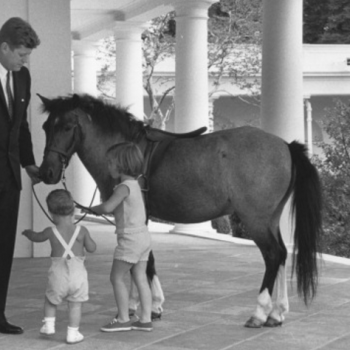For the next several months a group of writers focused on the issues of boys and men are collaborating through the writing and sharing of blog posts in order to bring greater awareness to the unique challenges boys and men face in the 21st Century. Twice a month these writers will be posting the same posts on their various media formats to spread the word and to introduce their audiences to the great work of their peers. Today’s post features Dave Brown, Director and Pastor-at-Large, Washington Area Coalition of Men’s Ministries (WACMM) and Chairman, Foundation of Manhood. www.wacmm.org
Dad: Coach, Cheerleader and Companion
Proverbs 17:6 says:”…the glory of sons is their fathers” (NASB). The Hebrew root for glory is weight. So we could translate the text,”…the weight of sons is their father”.
In other words, dads are meant to provide their sons substance and weightiness for manhood. In their dads, sons are supposed to be anchored, rooted and not easily moved and carried off.
Dad is a boy’s mooring. He is a point of reference, a navigational beacon to guide and direct him. But if dad has checked out or has disengaged from his son, the son will likely drift in a counterfeit masculinity. Without the “weightiness” of dad stabilizing him, the son heads off into isolation or passivity, or both. Cut loose from his father mooring he’ll drift into a world of fantasy, addictions, anger and violence. He’ll grow up lacking identity, purpose, meaning and connectedness. 
A man’s deepest wounds are not physical but wounds of the soul. An absent, abusive or passive dad can scar a man for life. Many of us pretend these wounds aren’t there and will try to cover them and move on. Others are oblivious to them even well into adulthood. But these so-called father wounds explain much about who we are and why we do the things we do. Sons desperately need dads as their coach, cheerleader and companion into authentic manhood that is found only in a vital relationship with Christ.
God has given dads responsibility and power to teach and lead their sons in the following ways.
(1) To model authentic manhood.
In the movie Gladiator, Maximus as he leads his men into battle exhorts them, “What we do in life echoes in eternity.” Our boys are always watching us, learning from us, and picking up cues from us, particularly what it means to be a man. The words you use, the things you deem important, your demeanor and attitude, and so forth inform your son’s life agenda. You leave in your son what you’ve lived out in your marriage, home, church and vocation. To leave him a godly legacy, you’ve got to live a godly life.
(2) To help them discover and develop their gifts and talents.
God has given our sons a specific design and a natural bent. They can either follow them or chase fanciful pursuits disconnected from their gifts. So dads set the stage for the son’s future, serving as a launch pad, and help him determine his life trajectory. Dads prime the pump for the discovery and use of their passions, gifts and talents.
(3) To teach them life skills.
In the course of time a son needs to know how to shave, play hard and fair, have wholesome fun, buy a car or house, follow proper manners, choose friends, respect authority and look out for the wellbeing of others. He’ll learn these skills primarily from dad. He’ll also need to know how to treat women respectfully. He’ll learn that from how you treat your wife.
Dads are their sons’ first and most important life coach through thick and thin. It’s not only about quality time with your son but also quantity. To spend more time with him will often require you to reprioritize schedule. That could mean making some hard decisions about your career. God intends fathers to help sons make sense of life and to see in us Jesus with skin.
(4) To give the affirmation of manhood he hungers for.
Sons need to hear from their fathers things like: “I love you”; “I’m proud of you”; “You’re really good at…”.
Let your son often know he has what it takes to be a man. That’s the question men ask of themselves. Inadequacy is one of a man’s greatest fears. Many of us spend our entire life trying to answer the question by seeking affirmation in our performance, position, power, and possessions. If your son knows that he only finds his identity, significance, affirmation and satisfaction in Christ, he will not pursue of the idols of his heart. Only when men are united in Christ will they have what it takes to be an authentic man.















